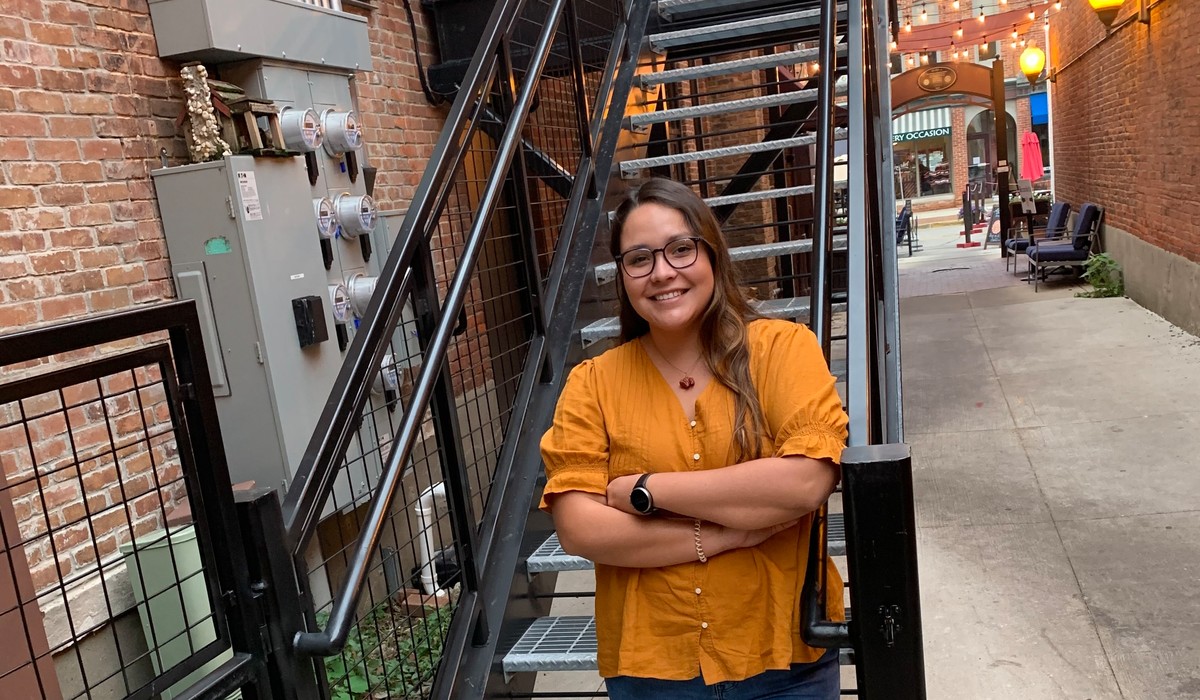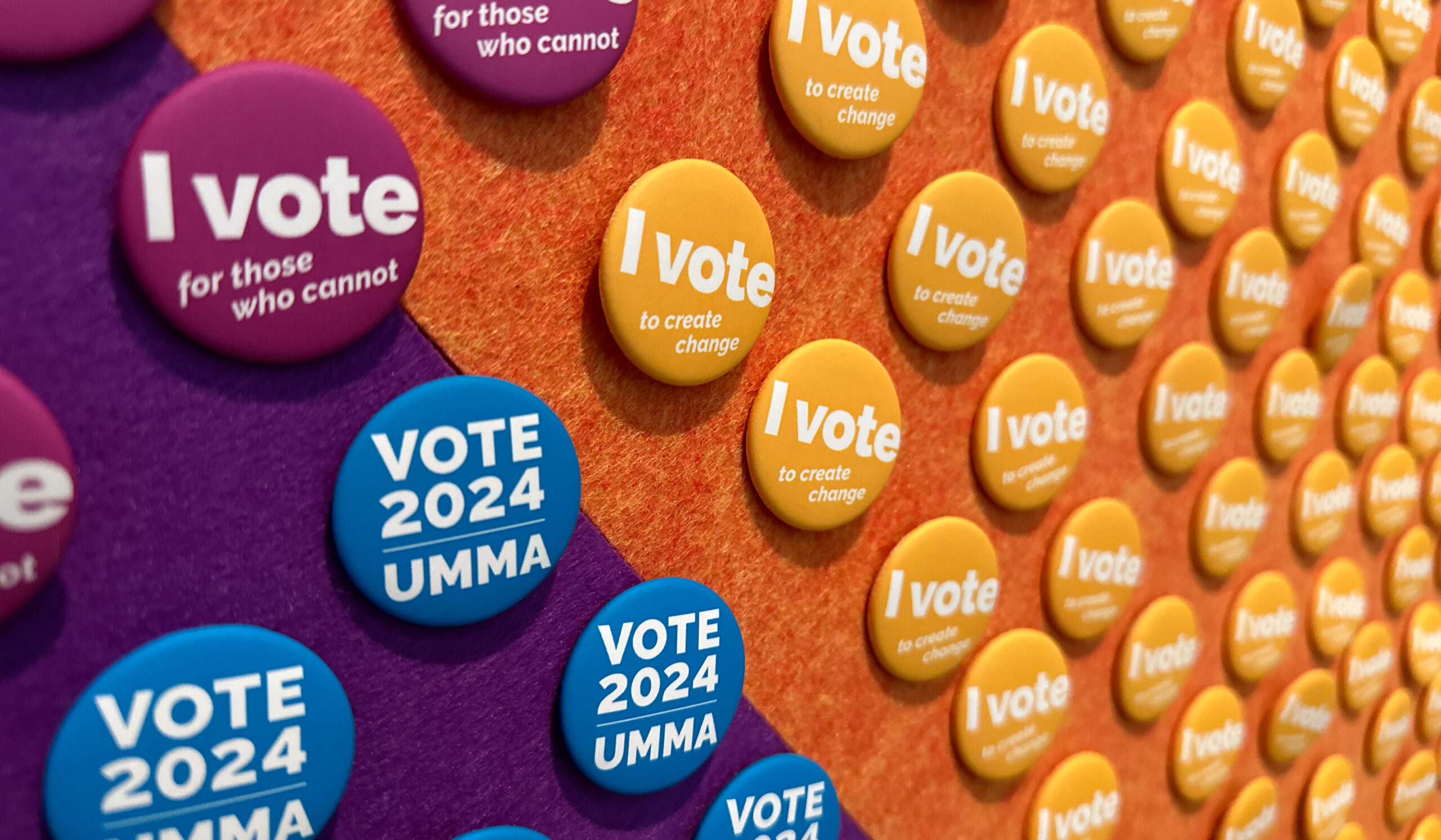SINCE THE SIXTH GRADE, U-M HAS BEEN MY DREAM SCHOOL. I had set my heart on a career in dentistry as a child, wanting to become an orthodontist so I could help people obtain their perfect smile. But that dream was short-lived. When I took my first natural science courses during fall semester, I realized my heart and mind were not in dentistry. The following semester, I started afresh and enrolled in an Italian art history introductory course.
By my sophomore year, I knew I wanted to major in art history. Through the History of Art department, I enrolled in museum studies. It was through LSA professor Brad Taylor that I ultimately discovered a deeper mission. During one lecture, he talked at length about Native American artifacts in museums, including how historically they are displayed in a disrespectful manner. This fueled my hidden passion to work for social justice among Native Americans. As a Lakota woman, I have always been proud of my culture and heritage, but until I was an undergraduate, I did not fully acknowledge and explore my identity.
My passion continued to grow, leading to my pursuing a minor in Native American Studies. Through the American Culture department, I studied under Tiya Miles and discovered I had a strong desire to learn more about American history and indigenous people. That drive to educate myself and others on these subjects still stands to this day. It has led to my pursuing a master’s degree in history, with a concentration on Native American studies, at Eastern Michigan University.
I just entered my second year in the history graduate program as an assistant under two professors. With Ashley J. Bavery, I am responsible for helping with research and transcribing oral interviews she conducted for her book. I also assist in Mary-Elizabeth Murphy’s new course, “History of Health and Inequality in the United States.” I create lesson plans and activities, lead discussions, and educate her students on any and all disparities I know of regarding Native Americans in the health care system. These opportunities allow me to expand and apply my Indigenous knowledge. I now plan to continue my education by applying for a doctorate in American culture or Indigenous studies when I graduate. I hope to teach Indigenous studies at the university level.
LEAD’s principles of Leadership, Excellence, Achievement, and Diversity help me continue my fight in raising awareness regarding Indigenous issues and social justice. During the COVID-19 pandemic, I used GoFundMe to send pandemic supplies to my reservation, Cheyenne River, in Eagle Butte, South Dakota. It was a success, raising over $1,000 that I used to send canned goods, face masks, face shields, and gallons of donated hand sanitizer from Arbor Apothecary in Ann Arbor. Native Americans and our communities are often put on the back burner when it comes to any awareness. The COVID-19 pandemic has been a huge reminder of that unfortunate reality, but I will continue to fight for Indigenous rights, whether it be by giving back to the community or through teaching.
The LEAD Scholars Program provides scholarships to Black, Latino, and Native American students who have been accepted into U-M. Visit umalumni.com/LEAD to learn how you can support the program and, thus, help create a more diverse campus.





